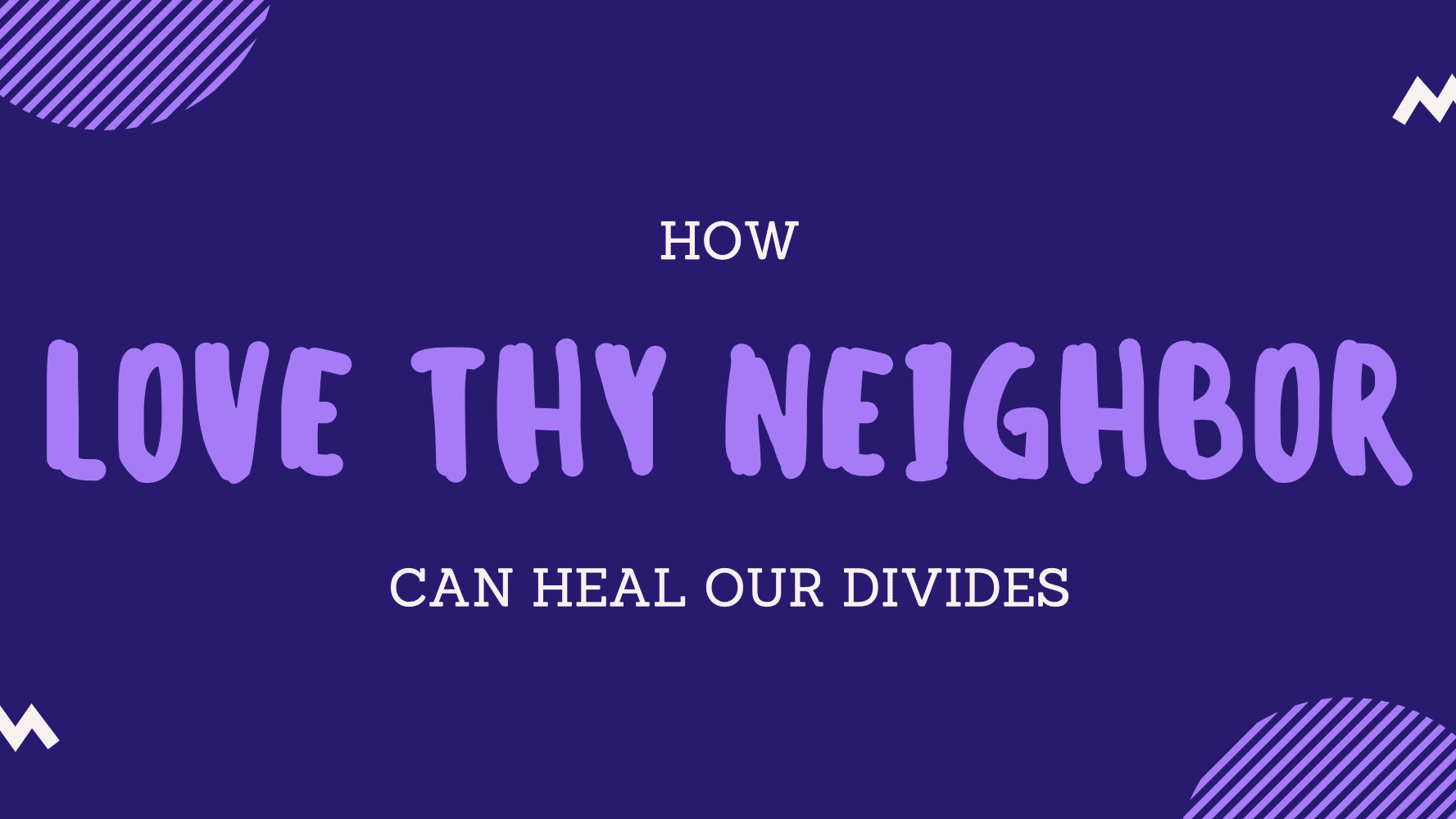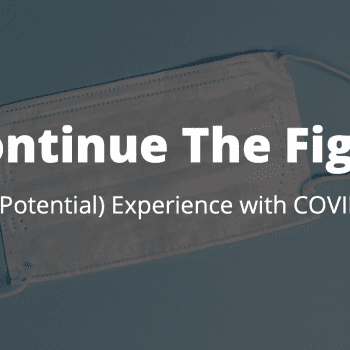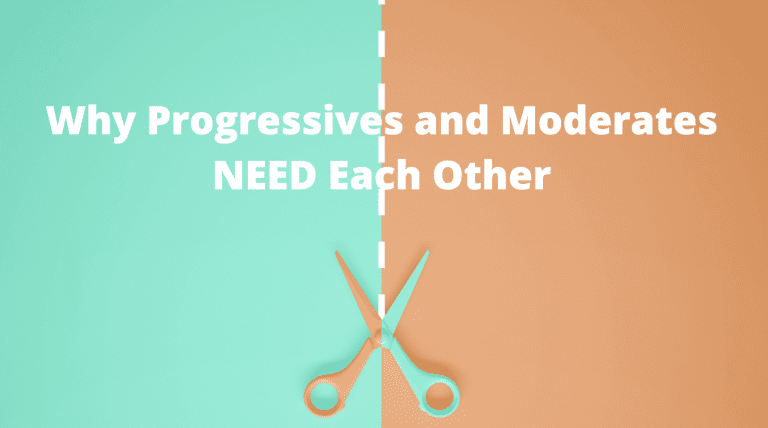In our modern era, we are experiencing a level of political and cultural divisiveness like we have not seen in recent history around the globe. Our divides have been highlighted and the fabric of human unity seems to have been shredded almost entirely. It feels as if there is a great gulf affixed between “us” and our “others”, so much so that we feel like we’ve been living in completely different realities.
As followers of Christ, these times are especially distressing because the differences between the positions that Christians hold on the current cultural topics could not be more different. In the United States, over half of Christians have supported the agenda and actions of the current President, arguably the most personally immoral and dishonest than any President in history, not merely as a matter of politics but as a matter of faith. On the other side, there are Christian progressives whose constant posture is one of rage and opposition- anyone who does not align with a radically liberal set of social policies is declared to be corrupt and deeply prejudiced.
Between these two groups lie a majority of Christians who find themselves deeply conflicted- they two are repelled by the Christian right’s support of deeply unchristian behavior from the President, but also recognize the deep uncharitability of the far left does nothing to promote actual progress but deepen division. We’re caught between the call of Christ to speak up boldly in the face of injustice, and the call to love our enemies and work towards unity. This tension has paralyzed many Christians into disengaging altogether, and for others, have forced us to choose which team we will place our allegiance with.
Once we do end up on one side or another, groupthink begins to take over. We begin to believe our groups narrative about the evil of our “others”, and we begin to relentlessly and ruthlessly attack them. In this space, we’re incredibly vulnerable to deception by those seeking to capitalize on our mob mentality. Conspiracy theories are born which fuel our narrative about the wicked intentions of those on the other side. Our righteous anger is transformed into contempt- where we no longer see shared humanity in the eyes of our “others”, and are willing to say, think, and do anything to ensure their demise.
In the midst of this frenzy, we are blinded to what’s happening in and around us. We believe we’re in the right, that we’re being “prophetic”, when in actuality, were engaged in something much more sinister. Something utterly destructive.
This is the point that we currently find ourselves as Christians. We are deeply divided and at war with each other. And it’s in the midst of these choppy waters that one of the central commands of Christ comes across as almost offensive- “Love your enemies and bless those who do wrong to you.”
How in the world are we supposed to love people that are advocating for our harm? How are we to bless those who are perpetuating ideas that we believe strike at the very foundations of our faith? We are taken aback by this command because we have been conditioned to believe that “loving our enemies” means not opposing them. Often when the phrase is stated, it’s used as way to quiet critique and silence opposition. But is that really what it means to love your enemy? Is that what Jesus embodied?
Obviously not. Jesus, who spoke these words, lived in such a way that made him a constant annoyance to the corrupt power brokers in his world. He didn’t shy away from calling out evil and demanding that another path be adopted by all who he encountered. No, when Jesus said to “love our enemies”, he didn’t mean to turn away from their wrongdoing. In fact, he meant the exact opposite.
To love our enemies means that we speak truth to them. It means we shine a light on the evil works they do in darkness. It means that work to bring about righteousness even as they continue to walk the wayward path towards destruction. But it also means that we never lose sight of their humanity. That we never fail to see them as human beings, made in the image of God and anointed with the original goodness that God has placed within each and every one of us. That we recognize that all humans are ultimately seeking the same things- love, security, and a sense of purpose.
When we recognize these things as true, when we begin to imagine, or better yet, hear the stories of those on the other side, it becomes harder for us to allow our anger to evolve into contempt. It allows us to maintain a baseline of respect for their personhood, even if we find their positions or actions reprehensible. In this headspace, we have the opportunity to live into the prophetic unity that Jesus embodied, where we are truly seeking to do not only what is right in our own eyes, but what will also be right and produce good for our enemies.
From this place of a humble yet prophetic disposition, we are given the only authentic opportunity to spark genuine transformation of hearts and minds. When our “other” can sense that we respect them, that we’re standing for values that not only bring about our own good but theirs as well, they will be measurably more willing to hear our perspective and lived experience, and from that place of deep listening and relational connection, the seeds of transformation can be planted.
Jesus knew what he was talking about when he declared “love your enemies”. His was neither an idealistic command that was far out of human reach, nor a command to bow down in the face of wrongdoing. His command to “love your enemies” was a call to prophetic unity, where we are neither afraid to speak up for what is right, nor honor the dignity and shared humanity of our enemy. It is in this tension that our healing lies. It is in this tension that true progress can be forged. And it is in this tension that our churches, neighborhood, countries, and world must seek to live within if we are to have a prosperous future.












